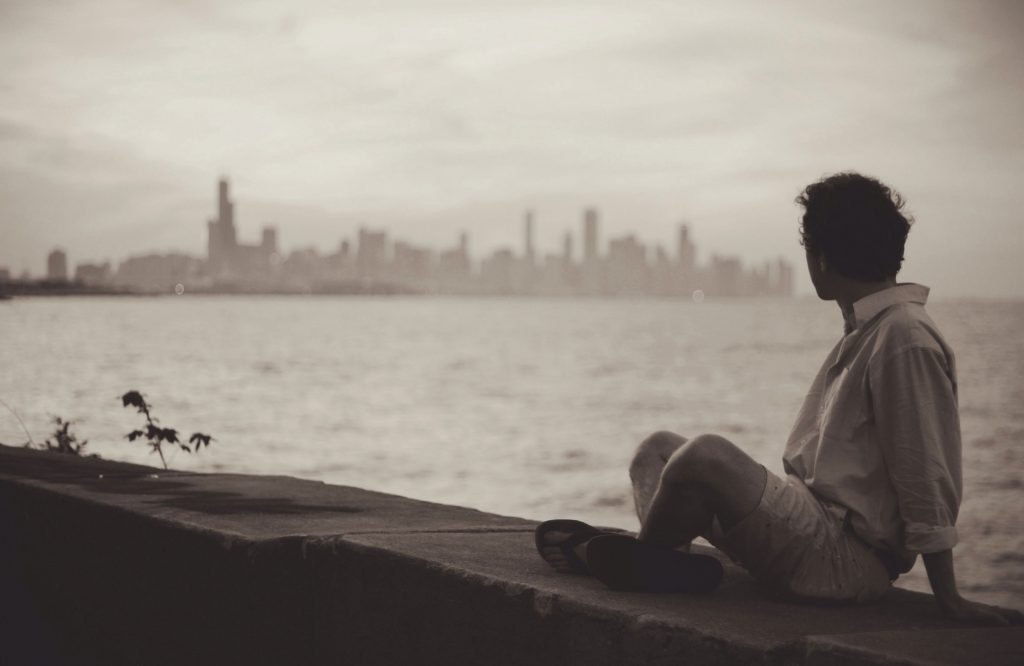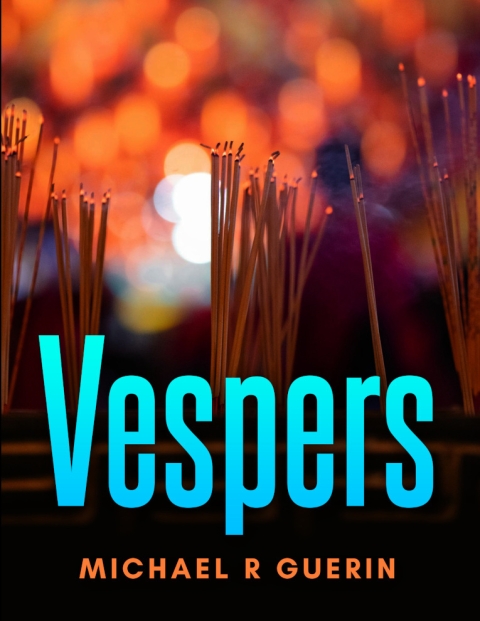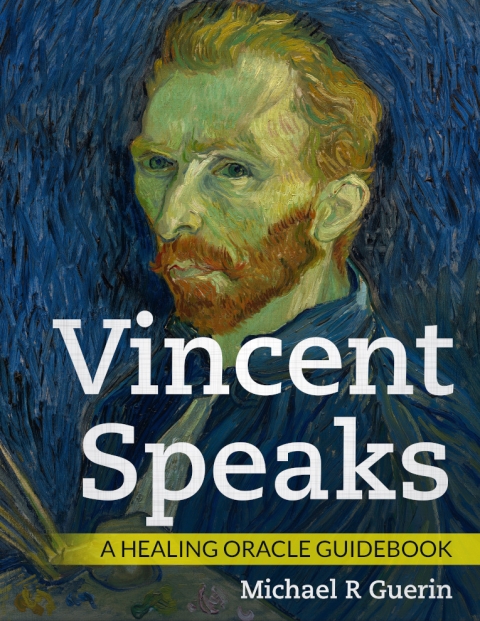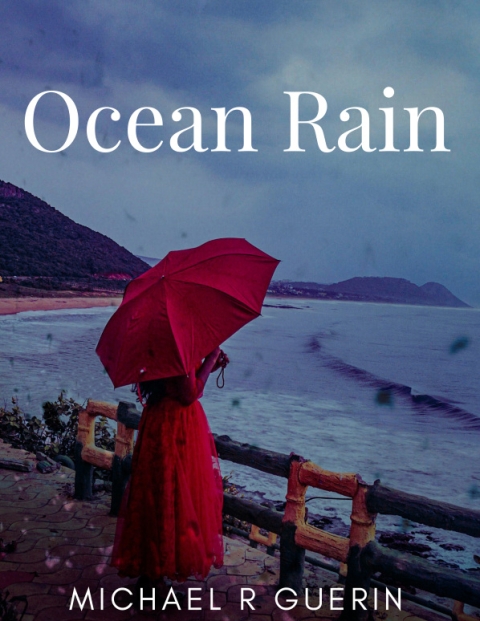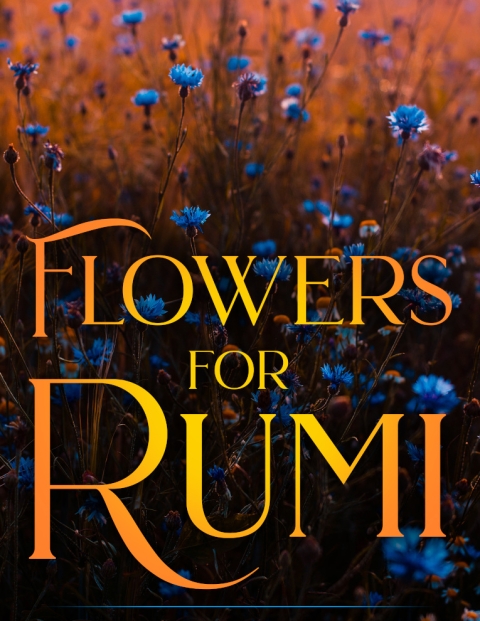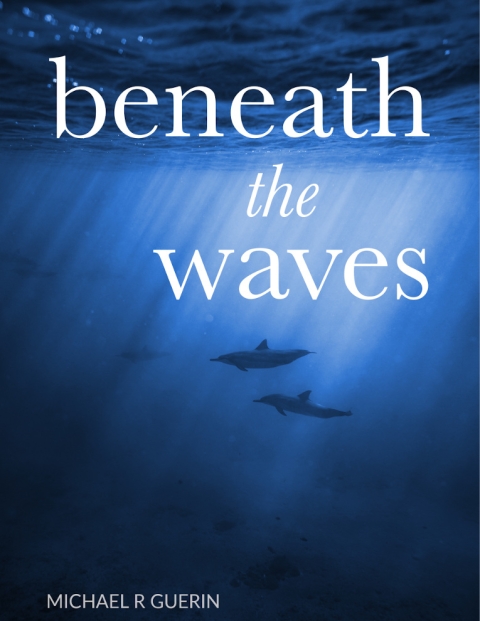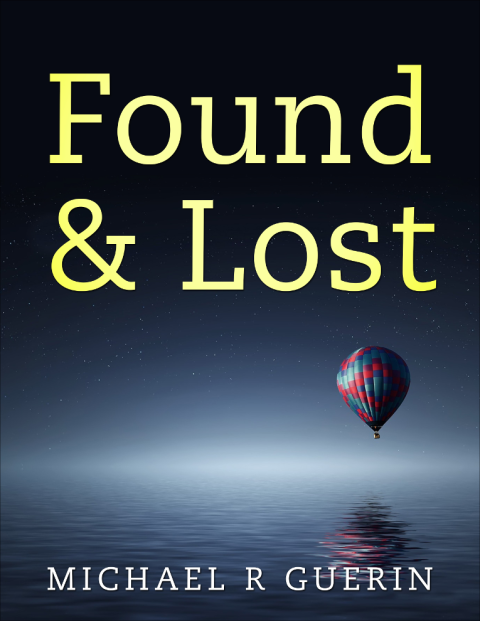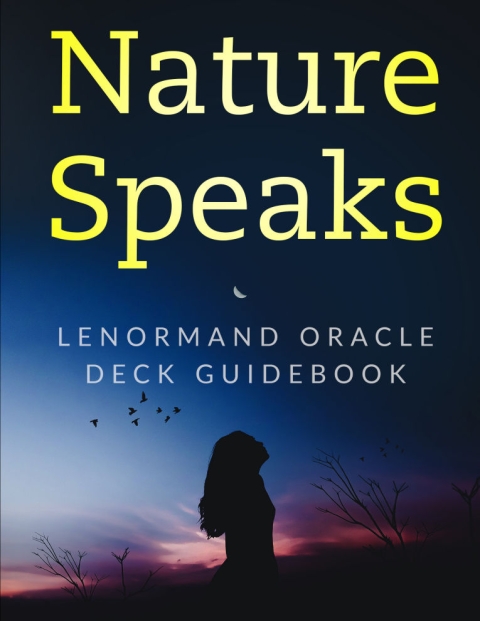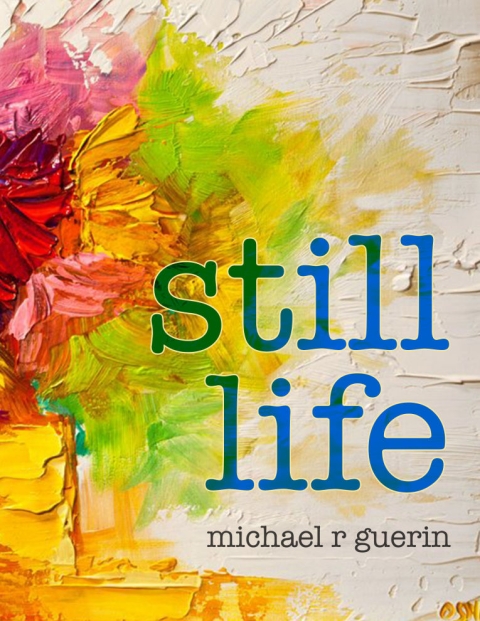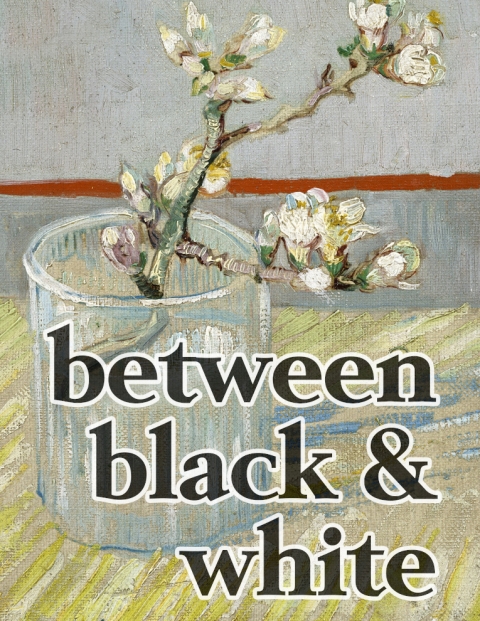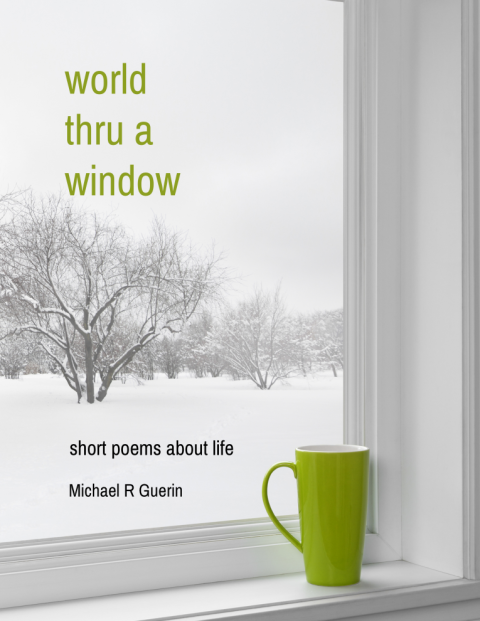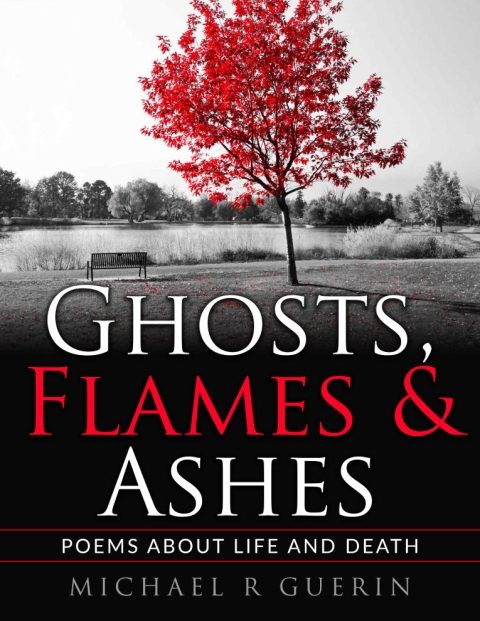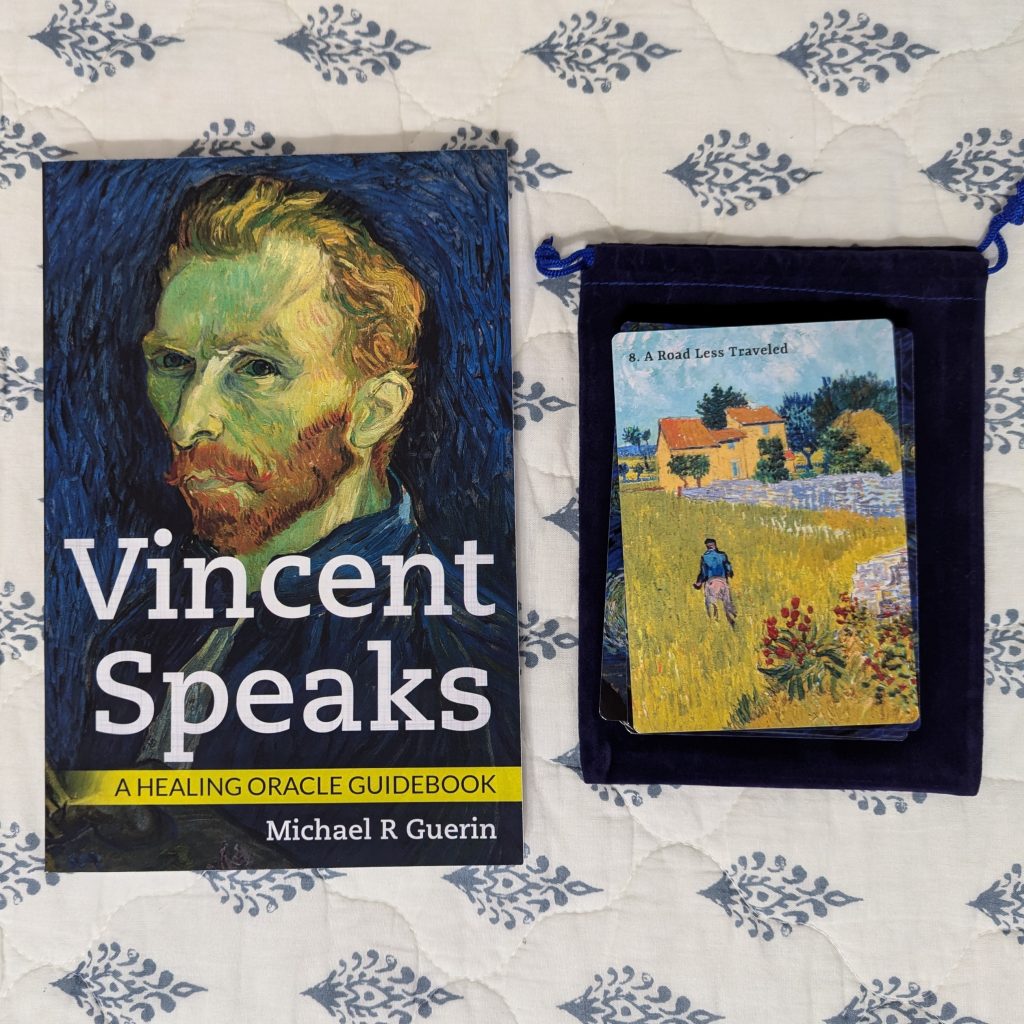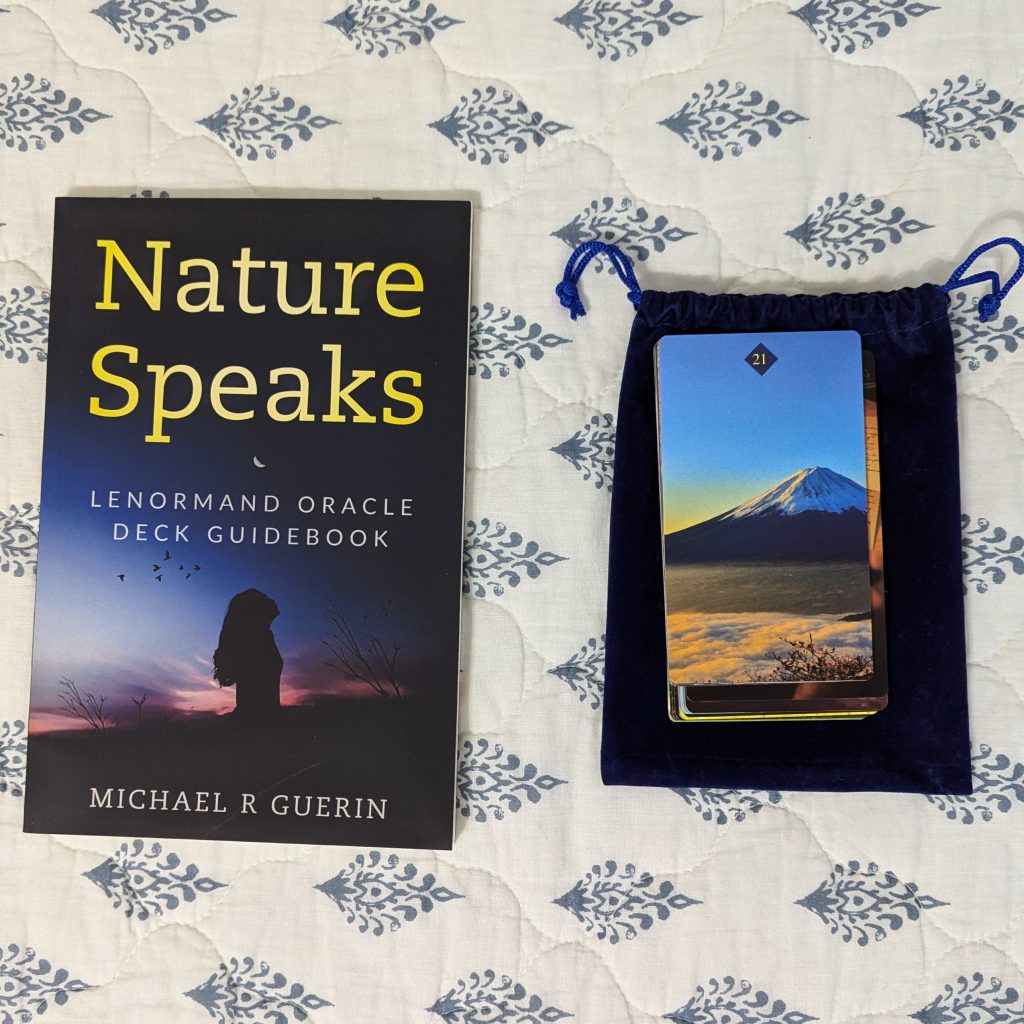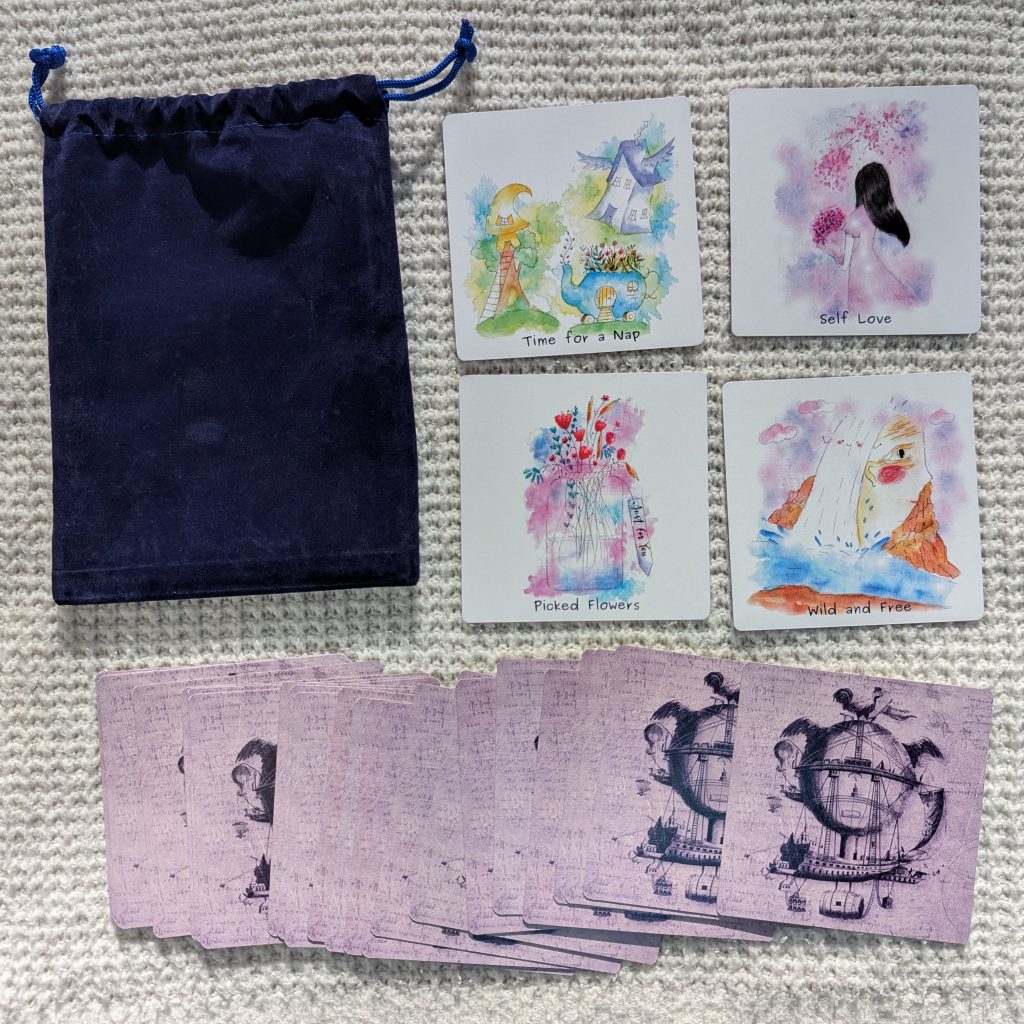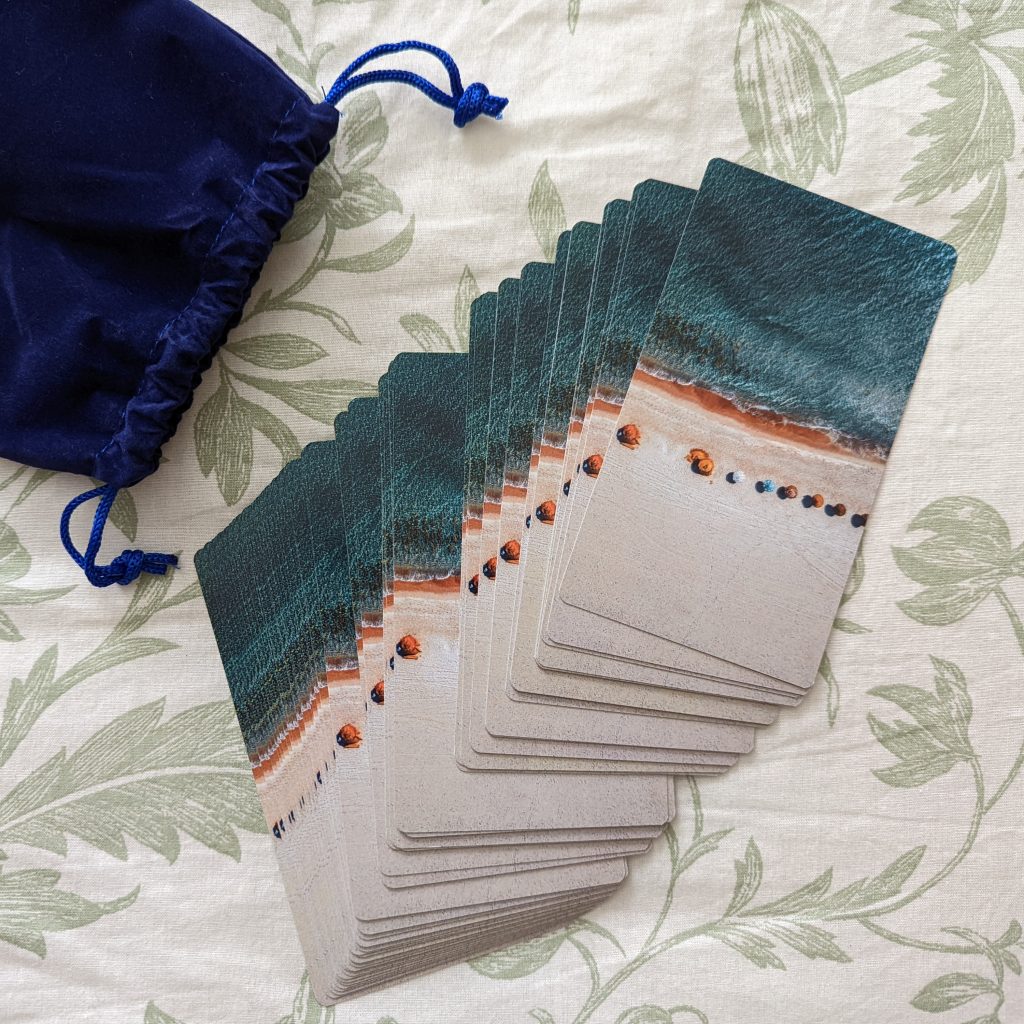What does a poem mean?
Better stated, the question might be phrased “what does THIS particular poem mean to YOU?”
Understanding poetry, which often translates to understanding the “meaning” of a poem, is not so exact as some might like to think.
For example, if I asked you what “2 + 2=” means you could talk about the use of the “+” sign and how that symbol functions in math along with the “=” sign, and then unpack the “meaning” for me along the lines of mathematical operation and show me that the only possible answer is based on the rules of math: “2 (somethings) and 2 (somethings) equals (or is) 4 (somethings).
In this context meaning equates to knowing and applying the rules of math to arrive at an answer.
But a poem?
What are we to do about THIS particular USE of language?
People, in my opinion, really go wrong when they want to reduce meaning down to the intention of the creator of art, in this case the writer of a poem. As someone who sometimes writes poetry one could ask me (since I’m very approachable) about what a particular poem of mine “means.”
But the meaning of a poem is not reducible to my intent.
My intent, after all, might be nothing more than to highlight an instance or event, real or imagined, that sheds light on the human condition. And the poem might be nothing more than a type of lens for looking at something human in a new way, or from a new angle. But is my intent the meaning of the poem?
How would knowing my reason for writing a poem help you understand the poem?
And why would knowing THAT be of any significance at all?
When we talk about “meaning” within the context of communication there are, in fact, three elements at work:
- speaker (writer/artist)
- message (which includes the medium, such as prose, poetry, sculpture, etc.)
- audience (person or persons receiving message, interacting with message)
Now, if I ask my son to take out the garbage, for example, the meaning is quite clear. Yet, in this very simple example it’s entirely possible that he might ask a question regarding time, as in “do you want me to take it out NOW?” Given the way my command was stated this would be a relevant question on his part (despite the typical frustrations any parent would feel given the case) and then I’d have to rephrase my command to “take out the garbage after dinner.”
So meaning, as far as everyday use of language is concerned, comes down to a simple case of understanding the literal meaning of what was said, in this case that I want him to take the garbage out.
But art IS different.
In fact, art it’s very different than everyday, ordinary language. And not from the perspective of the “building blocks” of art, if you will, i.e. the elements that make art (words are, after all, words). It’s a question of USAGE, i.e. how the words are arranged and why they are arranged in that way versus any other way.
In other words, art is NEVER created simply for the sake of literal meaning alone (or, if ever).
What is the literal meaning of “Guernica” for example?
 Someone asking that question, in my opinion, doesn’t understand the nature of art. It’s like asking a child about the “meaning” of his or her favorite game or toy. In other words, it misses the point entirely.
Someone asking that question, in my opinion, doesn’t understand the nature of art. It’s like asking a child about the “meaning” of his or her favorite game or toy. In other words, it misses the point entirely.
When it comes to poetry this typical misunderstanding seems to be the biggest stumbling block for most people. For example, when I shared with my wife the poem “A Confession (of sorts)” she was asking me questions as if the person in the poem was me. In other words, it seems to me that so many people think that poems are autobiographical.
But this simply isn’t the case. Or, better stated, it’s not always the case.
For example, the two most recent poems by me are “Remembering Bukowski” and “One Night in Utrect” and both are based on my time spent in the Netherlands when I was in the Air Force. And so, in part, they are autobiographical in that my lived experiences were the starting point for writing those poems. But knowing that (or not knowing that) shouldn’t impact how one responds to them (hopefully).
My reasons for writing them had nothing to do with my desire to share something personal about myself. It had everything to do with the desire to shine a light on something, let’s call it the “human experience.” When I look at Guernica I see the chaos of war. It strikes me at a visceral level. And my reaction to it is not easily reducible to words.
It’s much deeper than that.
Poetry, of course, is different from the visual arts because words are used. And maybe that’s part of the “problem” for so many people who tend to think (or not) of words as only being used in certain contexts, i.e. everyday speech patterns. So the “building blocks” if you will of a poem, words, are clearly being used in a different way.
So for me, the question of meaning is really an issue about what YOUR response to the poem was or wasn’t. What did you think when you read a poem?
What was your reaction?
There’s an old saying that “a picture is worth a thousand words.” Now, even if this is true that presents a “problem” of sorts, because it doesn’t say what those thousand words might be. I look at Guernica and my thousand words might be (most likely WILL be) very different from yours. Our reactions to it will likely be different as well.
And likewise our articulation of what it “meant” to us.
And a poem, in my opinion, is no different.
Poems paint pictures with words (in a way) and your reaction to a poem might be very different from mine. And I think that’s important to keep in mind.
It’s no accident.
When I ask my son to take out the garbage and he responds with “when?” you could say it was a failure of my message to adequately communicate my meaning to him. His question, in fact, indicated that some part of my message wasn’t clear.
But when dealing with poetry ambiguity and multiple “shades” of meaning are to be expected. It’s not a flaw of the poem that questions of “meaning” aren’t easily answered (if at all), because that’s not the point for writing them. Or reading them.
Picasso could have taken a photograph of battle scenes if he wanted to be literal. But photography hasn’t made painting obsolete. And it never could.
Likewise, a poet isn’t writing a laundry list. Or scientific report. It’s a poem. And you’re meant to play with it, and take out of it what meaning you find, not in the poem, but in YOU through the poem.
In other words, I guess the ultimate “meaning” of a poem is that it stirs something in you, gets a reaction out of you, gets you to pause in your daily routine to look at something or see something, possibly in a new light. Like a mirror, the reflection you see is what YOU see.
Does that make sense to you?
Finally, I want to share with you my friend’s response to “One Night in Utrect” that might hopefully illustrate what I’m driving at here…
I like the poem… you take me there in words so I can see the whole scene.
But I’m not crazy about the guy giving all his power away to a woman… LOL…He starts out as a leader, “the director” archetype taking his friends out of the routine into an adventure. He determines the place, he determines the music. He puts himself in the place of alpha male, bestowing his generosity on his friends…but then he drops into “nice guy” too easily… even tho I know it took courage for him to take that walk over to her.It’s like he stops being the leader and becomes the follower of HER agenda… and that makes me sad for you, myself and all the amazing guys out there in the world who end up being beggars for women’s sexual favors…it reminds me of my own awkward painfulness around the women I was attracted to… which could be the point.
Not sure if that’s the feedback you wanted but that’s how I’m engaged by the poem…thanks buddy for sharing it with me. Makes me commit to my own self love and self mastery even more… and ultimately we are both learning how to stop being nice guys with our clients.”
Is that what my poem meant?
Well, to him it did anyway. And that’s as it should be. He’s not “wrong” and it’s not for me to “correct” him because that’s not the point of the poem. Or any poem, really. His reaction was based on the text itself, the words used in the poem, so it did its job because it held his attention and shed a light upon HIS inner landscape.
And to me that’s the ultimate meaning of art… and of course any poem.
